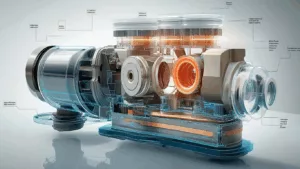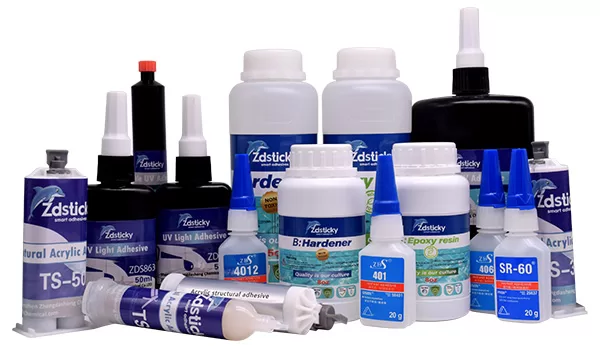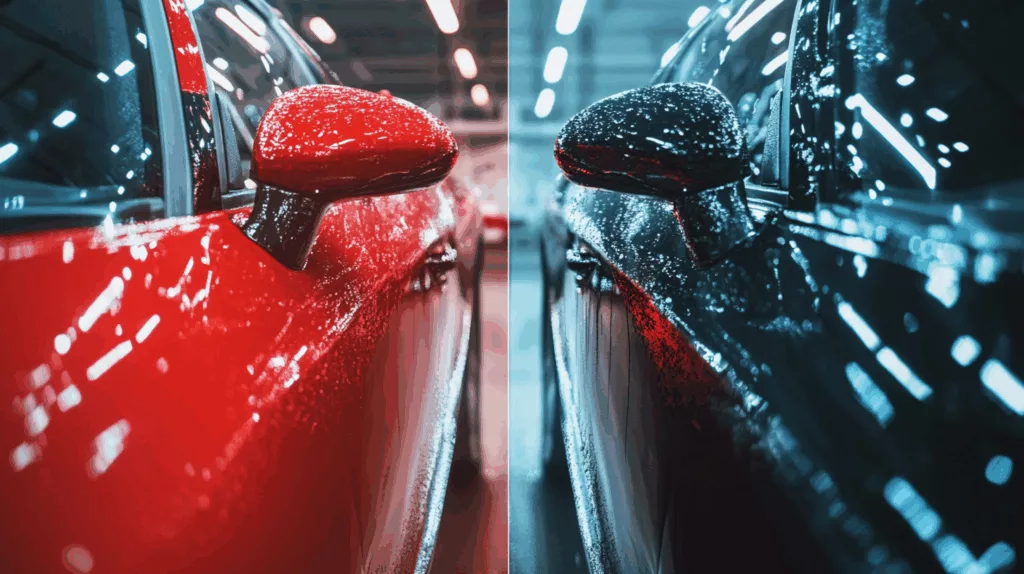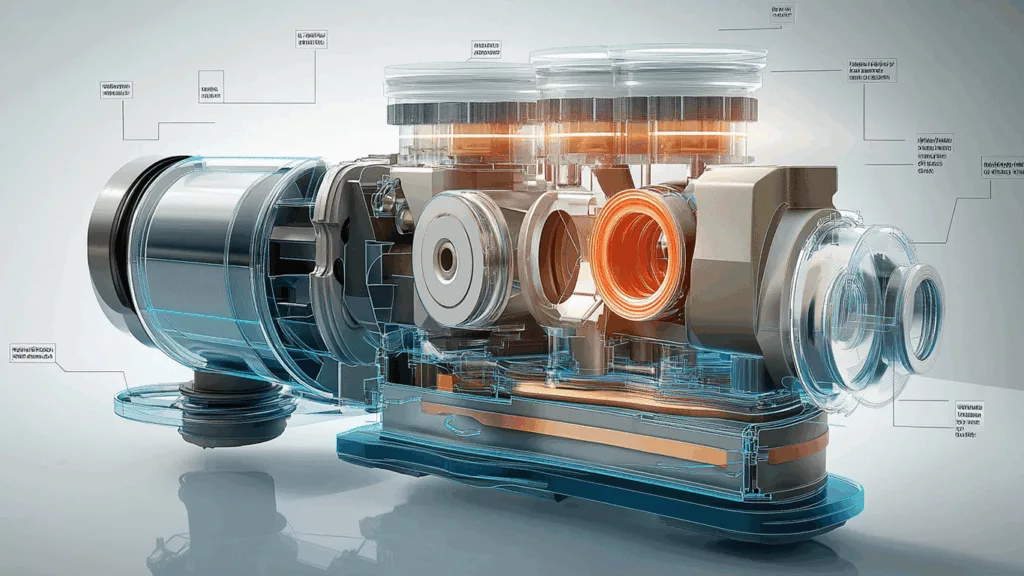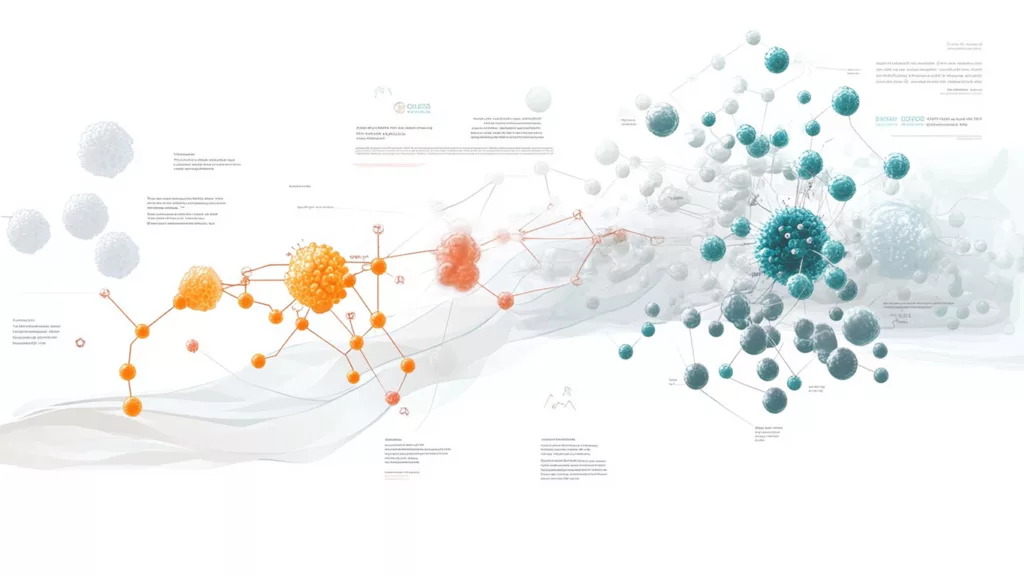When it comes to selecting UV adhesives for demanding applications, durability and performance testing are paramount. Ensuring these adhesives meet industry requirements and withstand various stressors is critical for success across industries like electronics, medical devices, automotive, and more. This article delves into the testing processes that evaluate tensile strength, temperature resistance, and long-term reliability, supported by real-world case studies.
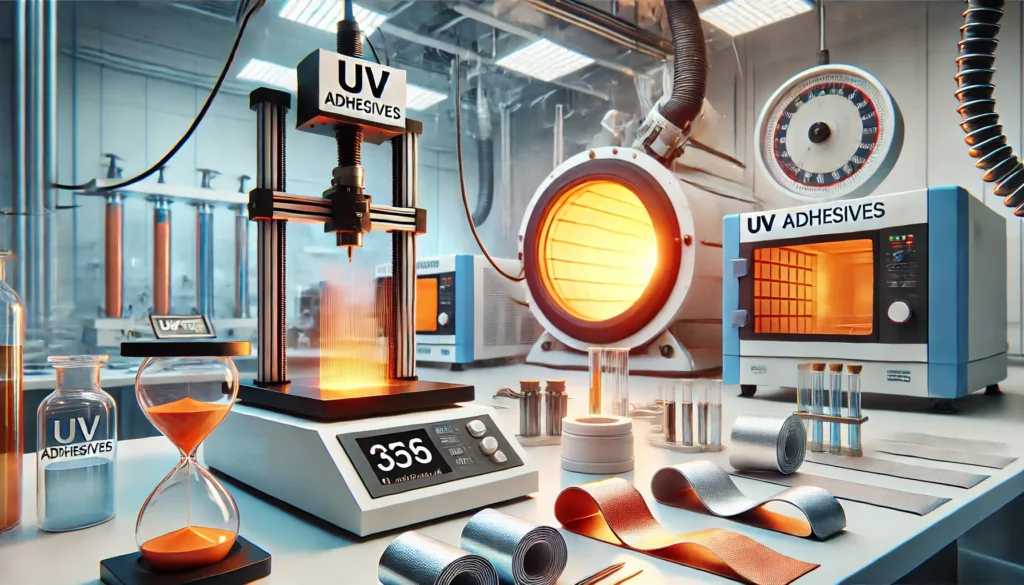
Understanding Durability and Performance Testing
Performance testing of UV adhesives ensures that they meet specific application requirements, from short-term bonding efficiency to long-term durability in challenging environments. The key tests assess mechanical, thermal, and environmental factors to predict real-world behavior.
Why Testing Matters
- Verifies adhesive strength and performance in diverse conditions.
- Mitigates risks of failure in critical applications.
- Guides manufacturers in selecting the best adhesive for their needs.
Tensile Strength Testing: Measuring Bond Integrity
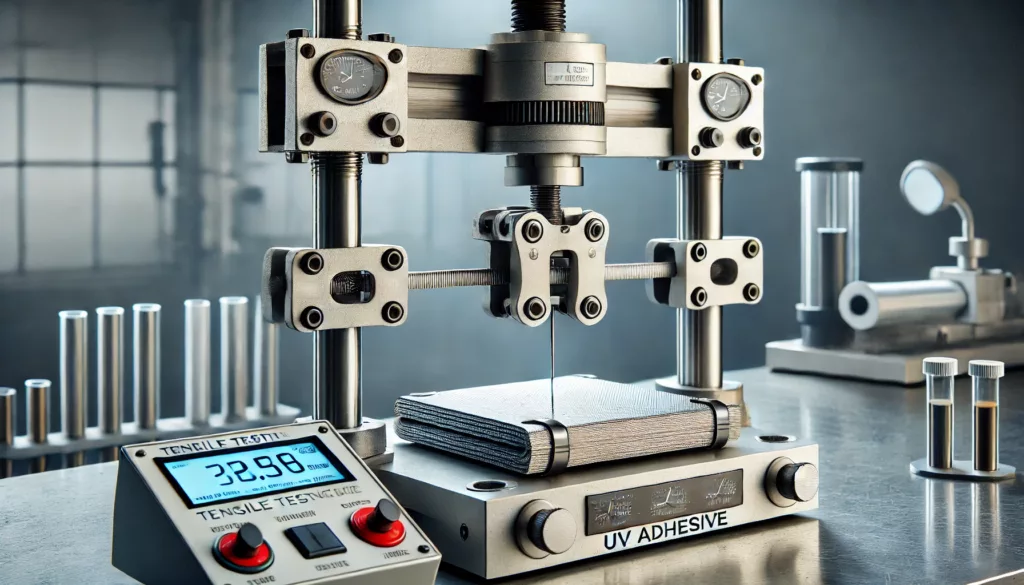
Tensile strength testing evaluates an adhesive’s ability to resist pulling forces. It is a critical metric for applications requiring strong structural bonds.
Testing Process
- Bonded substrates are clamped in a tensile testing machine.
- Gradual force is applied until the adhesive fails, measuring maximum tensile load.
Case Study: Glass Bonding in Optics
A UV adhesive designed for glass optics was tested for tensile strength. The adhesive achieved a tensile load of 6,500 psi, exceeding the application requirements for secure lens assembly.
Insights
High tensile strength ensures reliability in industries such as:
- Construction: Bonding structural glass.
- Medical Devices: Attaching components subjected to stress.
Temperature Resistance: Surviving Heat and Cold
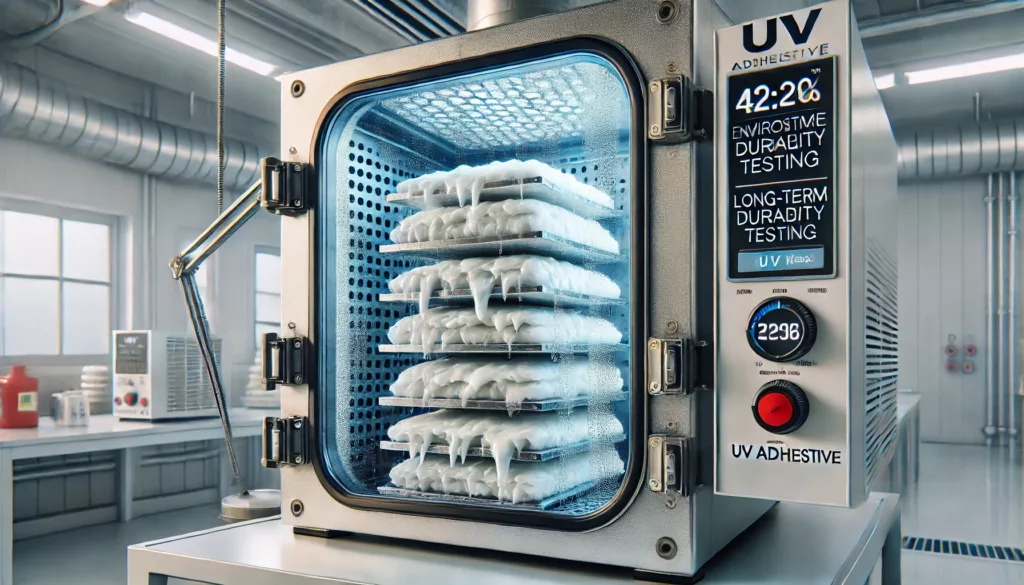
Temperature resistance testing evaluates how adhesives perform under extreme heat or cold. This is essential for applications exposed to fluctuating temperatures.
Testing Process
- Adhesive bonds are subjected to thermal cycling, alternating between high and low temperatures.
- Results are evaluated for bond failure or material degradation.
Case Study: Electronics Assembly
A UV adhesive was tested for thermal performance in circuit boards exposed to temperatures from -40°C to 120°C. The adhesive maintained bond integrity after 500 thermal cycles, confirming its suitability for electronics.
Insights
Temperature resistance is vital for industries such as:
- Automotive: Under-hood components exposed to engine heat.
- Aerospace: Equipment exposed to extreme altitude conditions.
Long-Term Reliability Testing: Durability Over Time
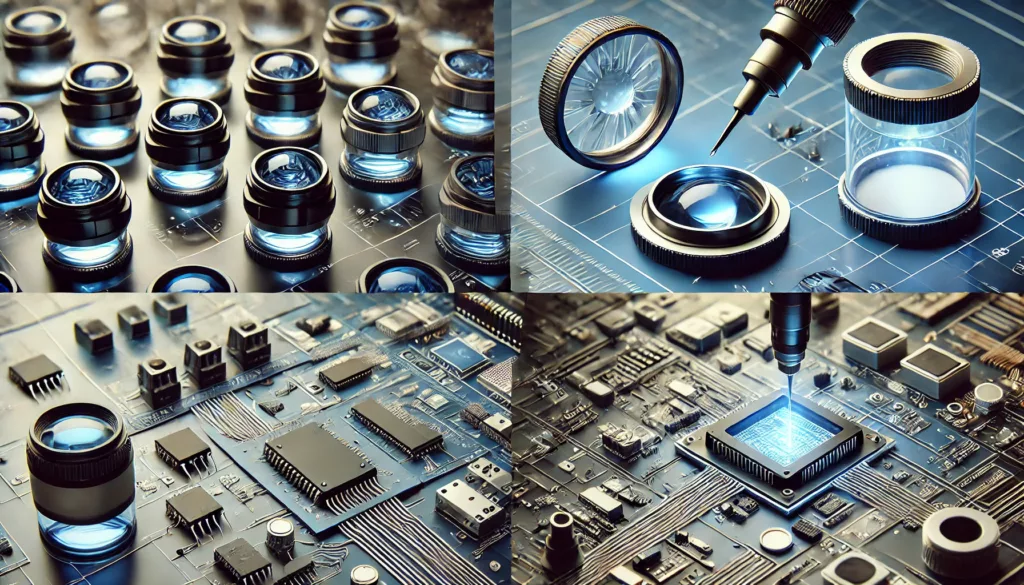
Long-term reliability testing evaluates adhesive performance under prolonged exposure to environmental factors like humidity, UV light, and mechanical stress.
Testing Process
- Samples are exposed to accelerated aging conditions in controlled chambers.
- Bonds are periodically tested for strength and appearance.
Case Study: Medical Device Assembly
A UV adhesive used for catheter assembly underwent accelerated aging at 85°C and 85% relative humidity for 1,000 hours. The adhesive maintained 95% of its initial bond strength, meeting ISO medical device durability standards.
Insights
Reliable adhesives are crucial in fields such as:
- Medical Devices: Ensuring biocompatibility and sterilization resistance.
- Renewable Energy: Securing solar panel components under UV exposure.
Key Factors in UV Adhesive Testing
Substrate Compatibility
Testing ensures adhesives bond well with materials like:
Environmental Stress Resistance
Adhesives are evaluated for resistance to:
- Moisture and humidity.
- Prolonged UV exposure.
- Chemical and solvent exposure.
Flexibility and Rigidity
Applications requiring flexible bonds (e.g., wearable devices) or rigid bonds (e.g., structural components) are tested accordingly.
Advanced Testing Technologies
Laser Shear Testing
Evaluates shear strength in small-scale, high-precision applications such as electronics.
Dynamic Mechanical Analysis (DMA)
Measures an adhesive’s viscoelastic properties under varying temperatures and stress.
Microscopy and Imaging
Inspects microstructural changes in adhesives after stress tests, ensuring no hidden weaknesses.
Challenges in Adhesive Testing
Testing UV adhesives presents unique challenges, such as:
- Achieving uniform curing across thick or uneven bonds.
- Accounting for material interactions with curing equipment.
- Simulating real-world environmental conditions accurately.
Tips for Manufacturers
- Define Performance Requirements: Identify critical stressors for the adhesive’s application.
- Conduct Realistic Tests: Simulate application-specific conditions during testing.
- Seek Certification Standards: Ensure adhesives comply with industry standards like ISO or ASTM.
- Leverage Expert Testing Services: Partner with laboratories specializing in adhesive performance testing.
FAQs
What is the importance of tensile strength testing for UV adhesives?
Tensile strength testing ensures the adhesive can withstand pulling forces, crucial for structural and high-stress applications.
How are UV adhesives tested for temperature resistance?
They are subjected to thermal cycling, alternating between extreme heat and cold, to evaluate their performance under fluctuating temperatures.
Can UV adhesives be tested for long-term durability?
Yes, accelerated aging tests simulate environmental exposure to assess durability over time.
What industries benefit most from UV adhesive testing?
Industries like electronics, automotive, medical devices, construction, and renewable energy heavily rely on tested UV adhesives.
Are UV adhesives suitable for outdoor applications?
Yes, some formulations offer excellent resistance to UV light and weathering, but testing is required to confirm suitability.
What equipment is used for adhesive performance testing?
Testing typically involves tensile testers, thermal chambers, DMA devices, and UV curing systems.
Conclusion
The durability and performance testing of UV adhesives is a cornerstone of ensuring reliability across industries. Through tensile strength tests, temperature resistance evaluations, and long-term durability assessments, manufacturers can confidently select adhesives tailored to their needs. With innovations in testing technologies and case studies highlighting real-world success, UV adhesives continue to prove their value in demanding applications. Let rigorous testing be your guide to superior adhesive performance.




